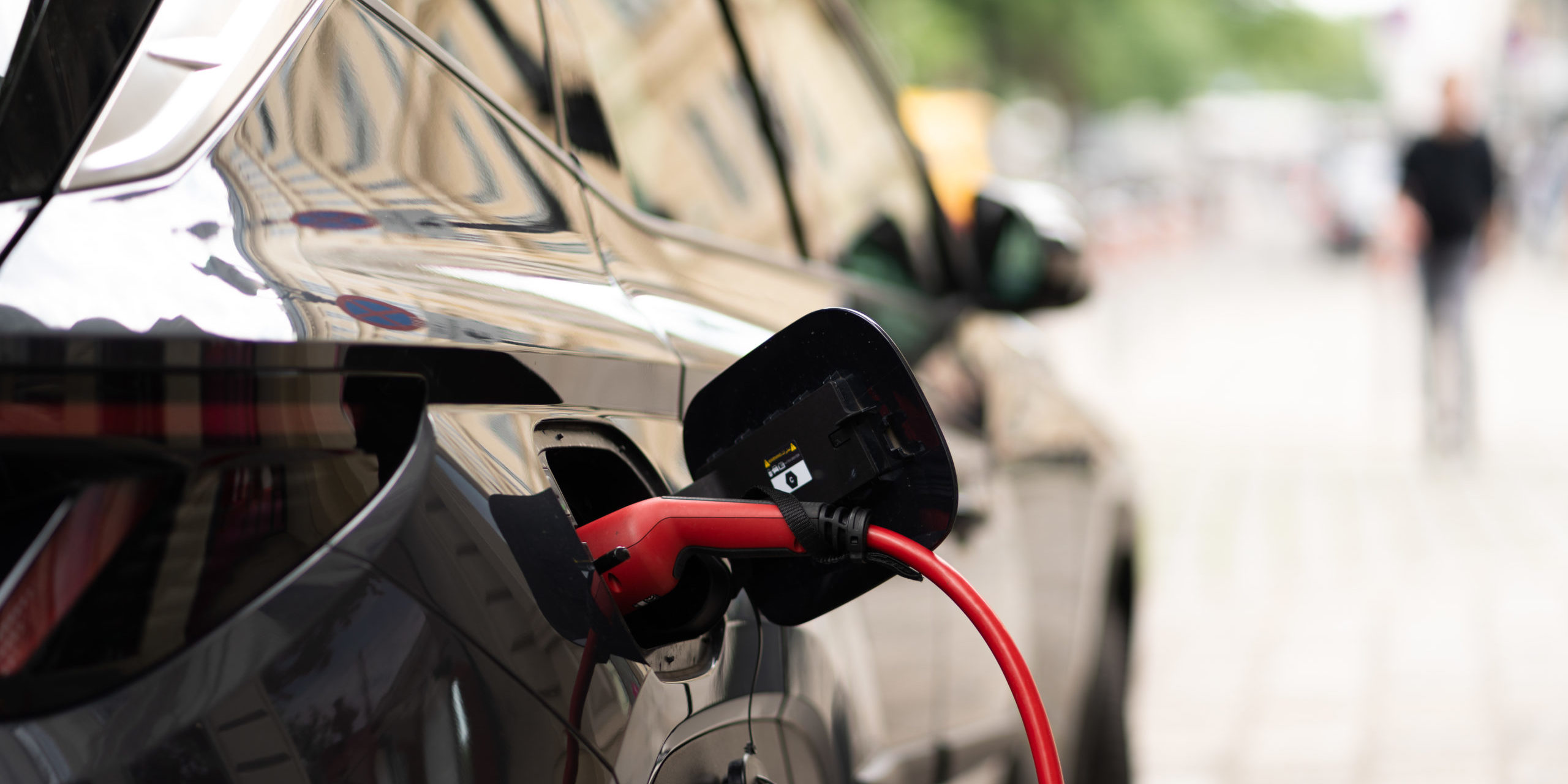
Are EV Car Accidents More Dangerous Than Traditional Gasoline Vehicles?
Electric vehicles (EVs) run on electricity stored in onboard batteries rather than on gasoline. Because these batteries are significantly heavier than a full gasoline tank, EVs typically have a higher weight than their gasoline counterparts.
The extra weight and the presence of onboard batteries raise concerns. Accidents involving EVs may cause more damage and injuries than accidents involving only gas-powered vehicles. Research on EV accidents has not yet revealed a clear answer.
Increased Weight Equals Greater Danger
Electric vehicle batteries weigh more than a full tank of gasoline, adding to the total weight of the vehicle. The vehicle’s total weight increases with its size as well. A GMC Hummer EV, for instance, may weigh over 9,000 pounds in total, including 2,900 pounds of battery.
Heavier vehicles are linked to an increased risk of death and serious injuries in a crash. One study found that when two vehicles collide, the risk of death increases by 47 percent if one of the vehicles weighs just 1,000 pounds more than the other. As the GMC Hummer EV demonstrates, the batteries alone can add more than 1,000 pounds to the weight of an electric vehicle.
This increased weight could result in more serious injuries in a crash, according to the National Transportation Safety Board (NTSB). The NTSB notes that EVs may weigh as much as one-third more than comparable gasoline-powered vehicles. More weight equals more momentum, which means greater force is applied in a crash.
Early statistics from insurance companies indicate that injury claims filed by EV owners after crashes are lower than average. These numbers may show that EVs are safer in a crash for those inside the vehicle. The statistics do not, however, account for injury claims filed by occupants of gas-powered vehicles, bicyclists, pedestrians, or others who may be injured from an EV-related crash.
Onboard Battery Risks in EV Crashes
Both electric and gas-powered vehicles pose fire and explosion risks. An EV’s batteries may explode or catch fire in a crash, and a gasoline-powered vehicle’s gas tank may explode or catch fire as well.
To date, statistics indicate that onboard battery fires are rare. Data from Tesla, for instance, records only five car fires per billion vehicle miles driven in EVs, compared to 55 fires per billion vehicle miles driven in conventional gasoline vehicles.
If an EV’s batteries do catch fire, however, they can be difficult to extinguish. EV batteries tend to generate more heat than a gasoline-fueled fire. For example, in one instance in which a Tesla caught on fire, fire crews needed four hours and 30,000 gallons of water to extinguish the fire. A similar car fire in a gasoline-powered vehicle would require about 30 minutes and 1,000 gallons of water to extinguish. A hotter, longer-burning fire may pose a greater risk of serious injury or death.
The batteries in electric vehicles may also pose more danger to people outside the vehicle after a crash. Even if the batteries do not catch on fire, they may be damaged during a crash, causing them to leak. Leakage from the battery could injure first responders. Leaking chemicals could also harm vehicle occupants trying to get out of a damaged vehicle at the scene of an accident.
Faster Acceleration Results in Single Vehicle Wrecks
One of the first things an EV driver notices is the vehicle’s rapid acceleration. Electric vehicles produce instant torque, unlike gas-powered vehicles. An EV engine can put all its power into acceleration at the start rather than having to build acceleration like a gasoline engine.
Early statistics on EV use don’t indicate that this rapid acceleration is a major cause of crashes or injuries. Yet, it’s easy to imagine situations in which an inexperienced or careless EV driver hits the accelerator as if they’re driving a gas vehicle一only to remember too late that their car has far quicker and more powerful acceleration at the start. Crashes into objects like parking barriers, other vehicles, or even pedestrians may result.
So far, research indicates that the highest risk in an EV crash is borne by the EV driver. A study from AXA Switzerland found that “…drivers of electric cars cause 50 percent more collisions with damage to their own vehicles” than drivers of gas-powered cars. The researchers noted that faster acceleration plays a critical role in these accidents.
Injured in a crash involving an electric vehicle? Talk to the team at the Steinberg Law Firm today. Our South Carolina injury lawyers can help you understand your legal options and take the next step.




















